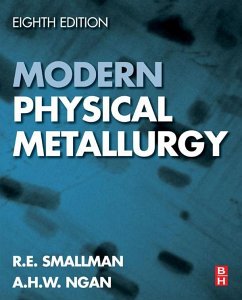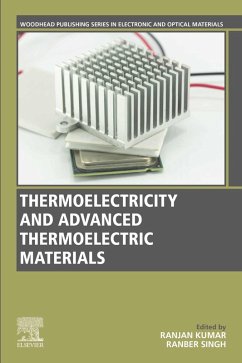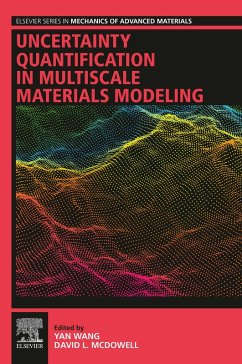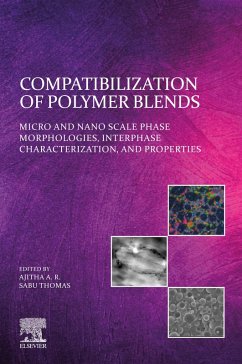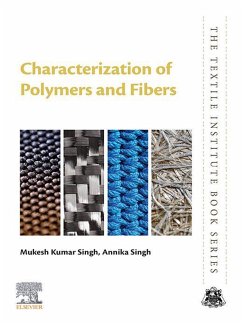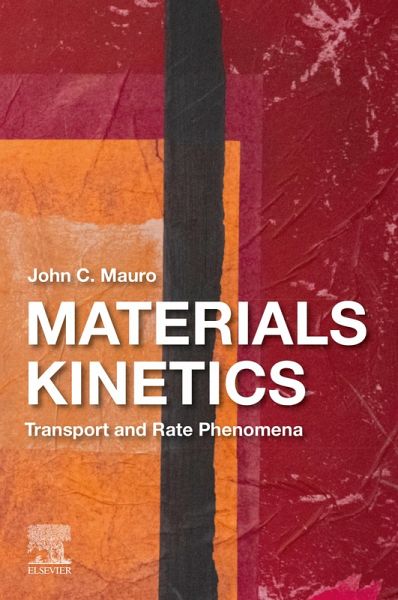
Materials Kinetics (eBook, ePUB)
Transport and Rate Phenomena
Versandkostenfrei!
Sofort per Download lieferbar
95,95 €
inkl. MwSt.
Weitere Ausgaben:

PAYBACK Punkte
48 °P sammeln!
Materials Kinetics: Transport and Rate Phenomena provides readers with a clear understanding of how physical-chemical principles are applied to fundamental kinetic processes. The book integrates advanced concepts with foundational knowledge and cutting-edge computational approaches, demonstrating how diffusion, morphological evolution, viscosity, relaxation and other kinetic phenomena can be applied to practical materials design problems across all classes of materials. The book starts with an overview of thermodynamics, discussing equilibrium, entropy, and irreversible processes. Subsequent c...
Materials Kinetics: Transport and Rate Phenomena provides readers with a clear understanding of how physical-chemical principles are applied to fundamental kinetic processes. The book integrates advanced concepts with foundational knowledge and cutting-edge computational approaches, demonstrating how diffusion, morphological evolution, viscosity, relaxation and other kinetic phenomena can be applied to practical materials design problems across all classes of materials. The book starts with an overview of thermodynamics, discussing equilibrium, entropy, and irreversible processes. Subsequent chapters focus on analytical and numerical solutions of the diffusion equation, covering Fick's laws, multicomponent diffusion, numerical solutions, atomic models, and diffusion in crystals, polymers, glasses, and polycrystalline materials. Dislocation and interfacial motion, kinetics of phase separation, viscosity, and advanced nucleation theories are examined next, followed by detailed analyses of glass transition and relaxation behavior. The book concludes with a series of chapters covering molecular dynamics, energy landscapes, broken ergodicity, chemical reaction kinetics, thermal and electrical conductivities, Monte Carlo simulation techniques, and master equations. - Covers the full breadth of materials kinetics, including organic and inorganic materials, solids and liquids, theory and experiments, macroscopic and microscopic interpretations, and analytical and computational approaches - Demonstrates how diffusion, viscosity microstructural evolution, relaxation, and other kinetic phenomena can be leveraged in the practical design of new materials - Provides a seamless connection between thermodynamics and kinetics - Includes practical exercises that reinforce key concepts at the end of each chapter
Dieser Download kann aus rechtlichen Gründen nur mit Rechnungsadresse in A, B, BG, CY, CZ, D, DK, EW, E, FIN, F, GR, HR, H, IRL, I, LT, L, LR, M, NL, PL, P, R, S, SLO, SK ausgeliefert werden.




